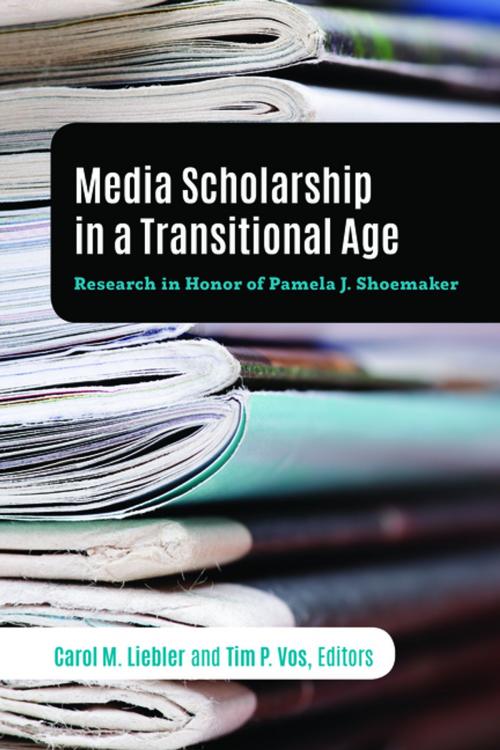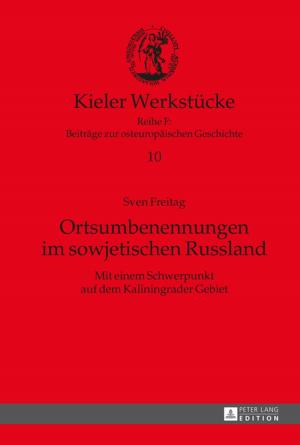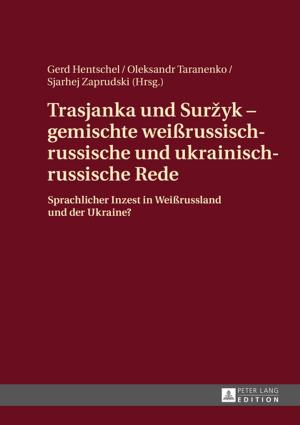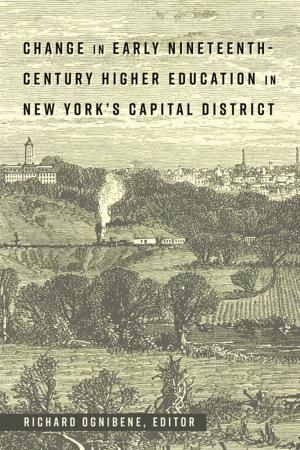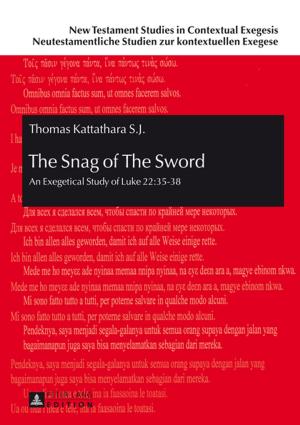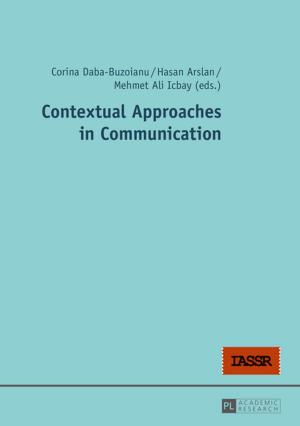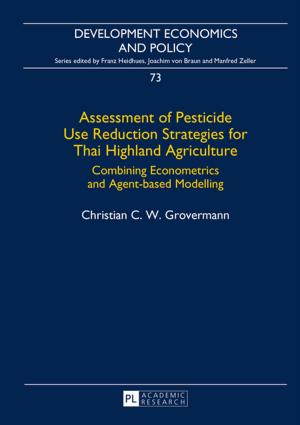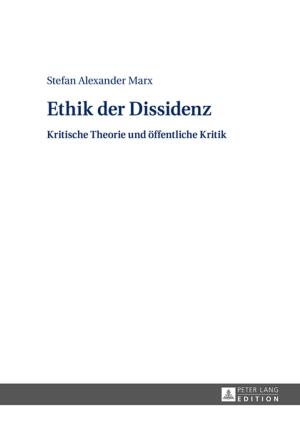Media Scholarship in a Transitional Age
Research in Honor of Pamela J. Shoemaker
Nonfiction, Reference & Language, Language Arts, Library & Information Services, Communication, Social & Cultural Studies, Political Science| Author: | ISBN: | 9781433147791 | |
| Publisher: | Peter Lang | Publication: | February 23, 2018 |
| Imprint: | Peter Lang Inc., International Academic Publishers | Language: | English |
| Author: | |
| ISBN: | 9781433147791 |
| Publisher: | Peter Lang |
| Publication: | February 23, 2018 |
| Imprint: | Peter Lang Inc., International Academic Publishers |
| Language: | English |
Media Scholarship in a Transitional Age honors the significant and lasting contribution that Pamela J. Shoemaker has made to mass communications research. Her body of work, spanning four decades, has included groundbreaking conceptual and methodological advances, particularly in the areas of gatekeeping, survey research and content analysis. The chapters in this collection build upon her legacy in both theory and method, and particularly in the area of news research. At the heart of the book are chapters that apply concepts found in Shoemaker’s earliest work, such as deviance and newsworthiness, and extend theories such as gatekeeping and agenda-setting into the digital era. Empirical analyses on topics such as international and political news provide insights into journalism in these transitional times. Additional chapters explore digital media and the "mediated method." The closing section, Reflections on the Transitional Age, includes two chapters that pay homage to Shoemaker’s contributions through discussion of the importance of theory and research from a personal perspective. The final chapter challenges academics to consider the implications of the digital era for scholarly creativity.
A collection with wide appeal to all media scholars, Media Scholarship in a Transitional Age is particularly well-suited to graduate student seminars on mass communications theory, media sociology and news scholarship.
Media Scholarship in a Transitional Age honors the significant and lasting contribution that Pamela J. Shoemaker has made to mass communications research. Her body of work, spanning four decades, has included groundbreaking conceptual and methodological advances, particularly in the areas of gatekeeping, survey research and content analysis. The chapters in this collection build upon her legacy in both theory and method, and particularly in the area of news research. At the heart of the book are chapters that apply concepts found in Shoemaker’s earliest work, such as deviance and newsworthiness, and extend theories such as gatekeeping and agenda-setting into the digital era. Empirical analyses on topics such as international and political news provide insights into journalism in these transitional times. Additional chapters explore digital media and the "mediated method." The closing section, Reflections on the Transitional Age, includes two chapters that pay homage to Shoemaker’s contributions through discussion of the importance of theory and research from a personal perspective. The final chapter challenges academics to consider the implications of the digital era for scholarly creativity.
A collection with wide appeal to all media scholars, Media Scholarship in a Transitional Age is particularly well-suited to graduate student seminars on mass communications theory, media sociology and news scholarship.
